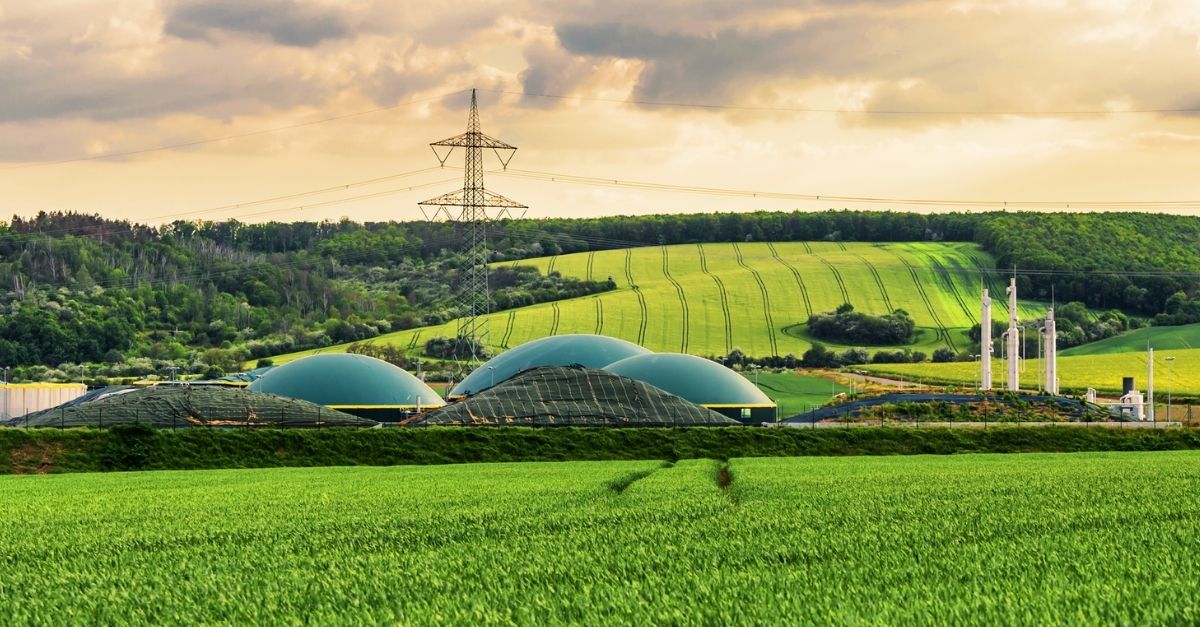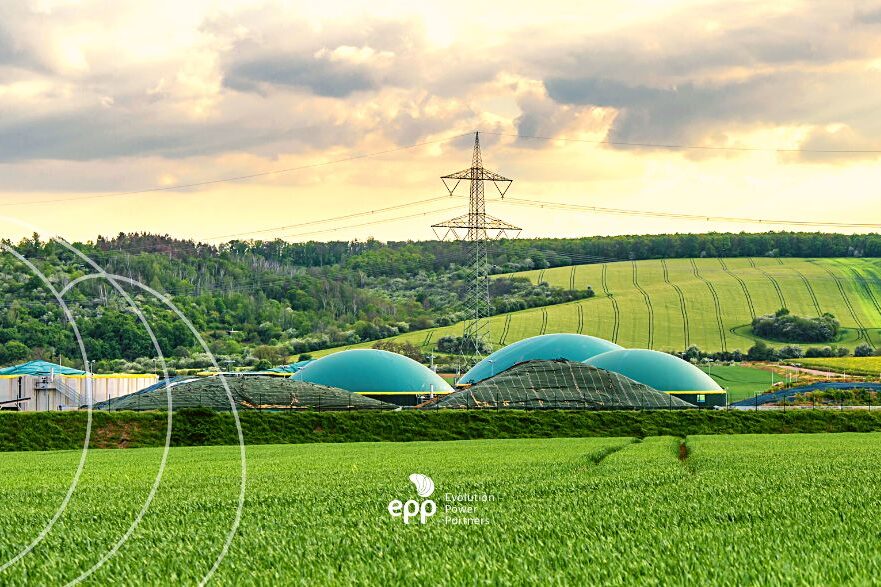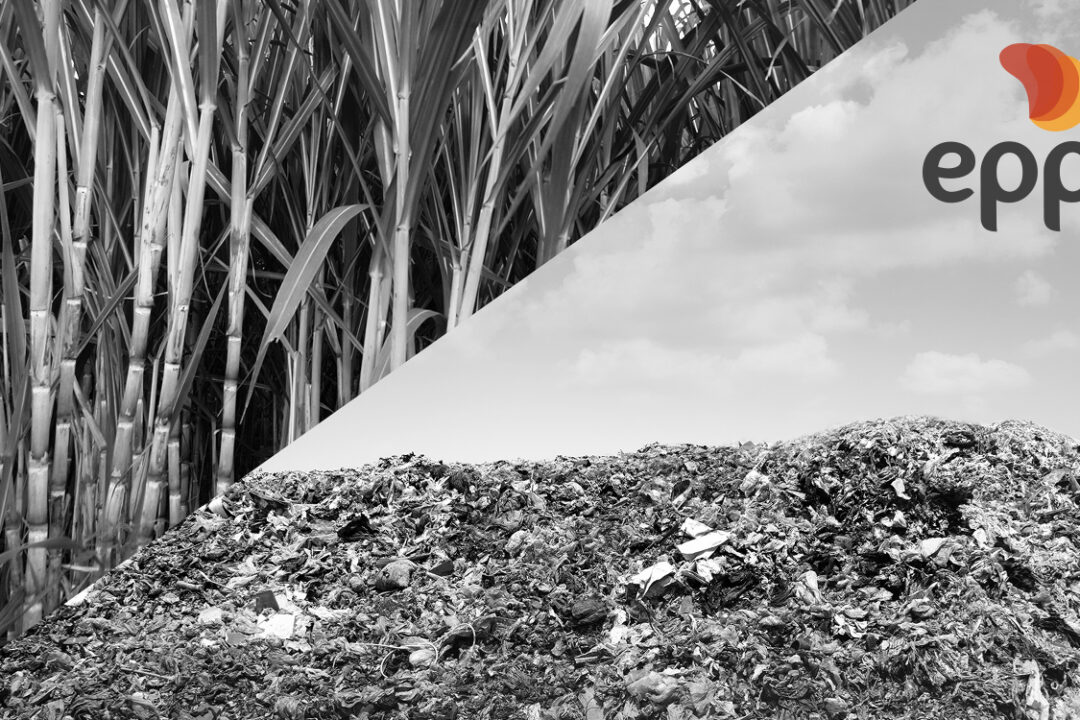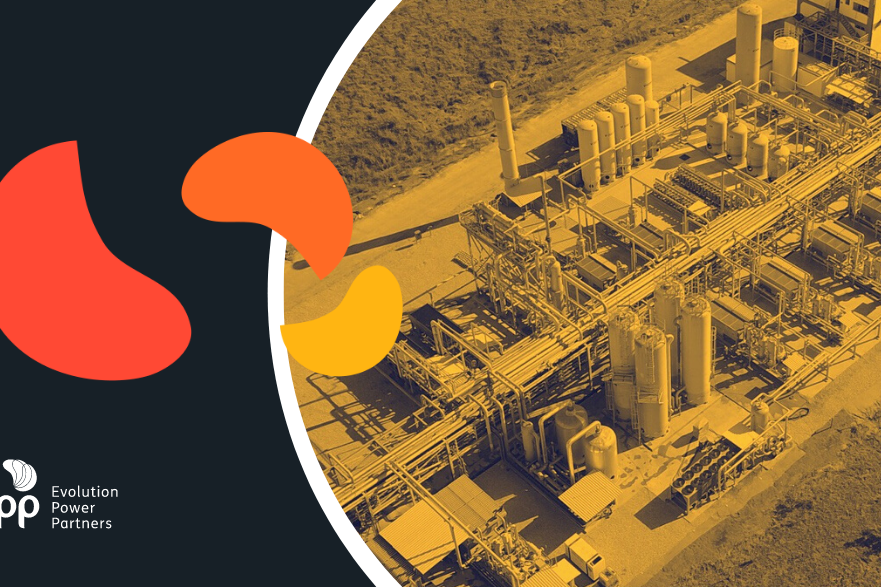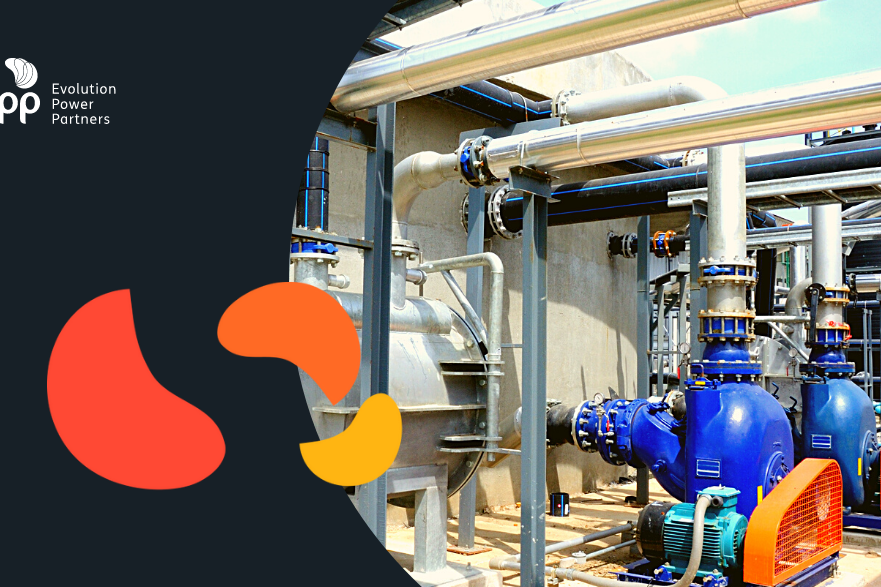Biomethane is a renewable fuel produced from the decomposition of organic waste such as animal manure and agricultural residues. This clean, storable, stable, and cheaper energy source than diesel has the potential to significantly contribute to Brazil’s energy matrix. It is estimated that about 95% of biomethane production in the country could come from agricultural waste and animal manure, making it a sustainable and economical alternative to fossil fuels.
Biomethane production process
Biomethane is produced through the process of anaerobic digestion, in which microorganisms break down organic matter in an oxygen-free environment, generating biogas as a byproduct. This biogas is composed mainly of methane (CH4) and carbon dioxide (CO2). To obtain biomethane, the biogas undergoes a purification process that removes impurities and concentrates methane, making it a fuel with properties similar to natural gas.
Biomethane potential in Brazil
Brazil has enormous potential for biomethane production, thanks to its extensive agricultural activity and availability of organic waste. Biomethane production can be boosted by diversifying raw material sources, such as crop residues, straw, and sugarcane bagasse, as well as animal manure.
Brazil’s biomethane production capacity has the potential to reach 19.2 billion normal cubic meters (Nm³) by 2032, or 34.9 billion Nm³ of biogas, allowing the export of 2.1 GW average of electricity generated from this fuel. This projection is present in the Biofuels Supply document, included in the Ten-Year Energy Expansion Plan (PDE 2032), developed and released by the Energy Research Company (EPE).
PDE 2032 emphasizes that biofuels will continue to be essential for ensuring energy security, diversifying the energy matrix, and reducing greenhouse gas emissions. Regarding bioelectricity generated from sugarcane bagasse, the study estimates production to range between 6.6 GW average and 10.5 GW average, depending on available biomass. The share of bioelectricity in the national electric matrix should be maintained, but its commercialization in the regulated environment (ACR) is expected to decrease over the period.
According to the report, which takes into account public policies affecting the biofuel industry and considers only financially stronger plants, the biomethane capacity in 2032 would be approximately 3.5 billion Nm³ (about 9 billion Nm³ of biogas).
Benefits of biomethane
Adopting biomethane as a fuel brings several benefits, including:
a) Reduction of greenhouse gas emissions: Biomethane production and utilization contribute to mitigating climate change, as methane is a much more potent greenhouse gas than carbon dioxide. Furthermore, biomethane is considered carbon-neutral, as the CO2 emitted during its combustion is offset by the amount absorbed by plants during photosynthesis.
b) Rural development and job creation: Biomethane production can boost rural development by generating new business opportunities and jobs in the production chain, from waste collection and transport to operation and maintenance of digestion and purification units.
c) Waste utilization and pollution reduction: Using agricultural waste and animal manure for biomethane production reduces the amount of organic waste discarded in the environment, contributing to the reduction of soil, water, and air pollution.
d) Energy security: Biomethane is a storable and stable energy source, allowing its use during interruptions of other energy sources, increasing the country’s resilience and energy security.
e) Cost reduction: Biomethane can be cheaper than diesel, especially when considering the environmental cost associated with the use of fossil fuels. Moreover, biomethane can be used directly in natural gas-powered vehicles without significant modifications to engines or distribution infrastructure.
Biomethane represents a significant opportunity for Brazil to diversify its energy matrix, utilizing available resources sustainably and generating economic, social, and environmental benefits. Investments in research, development, and government incentives may be crucial to leverage the production and adoption of biomethane in the country, making it a viable and competitive alternative to fossil fuels.
To achieve this, it is necessary to develop public policies and incentive programs that encourage the installation of biomethane plants, local workforce training, and the promotion of partnerships between the private sector, universities, and research institutes. Additionally, awareness and education campaigns about the benefits of biomethane can be crucial to increase demand for this fuel and drive its expansion in the Brazilian market.
With a more diversified and sustainable energy matrix, Brazil can become a global reference in the production and utilization of biomethane, contributing to building a cleaner future and reducing dependence on fossil fuels.
